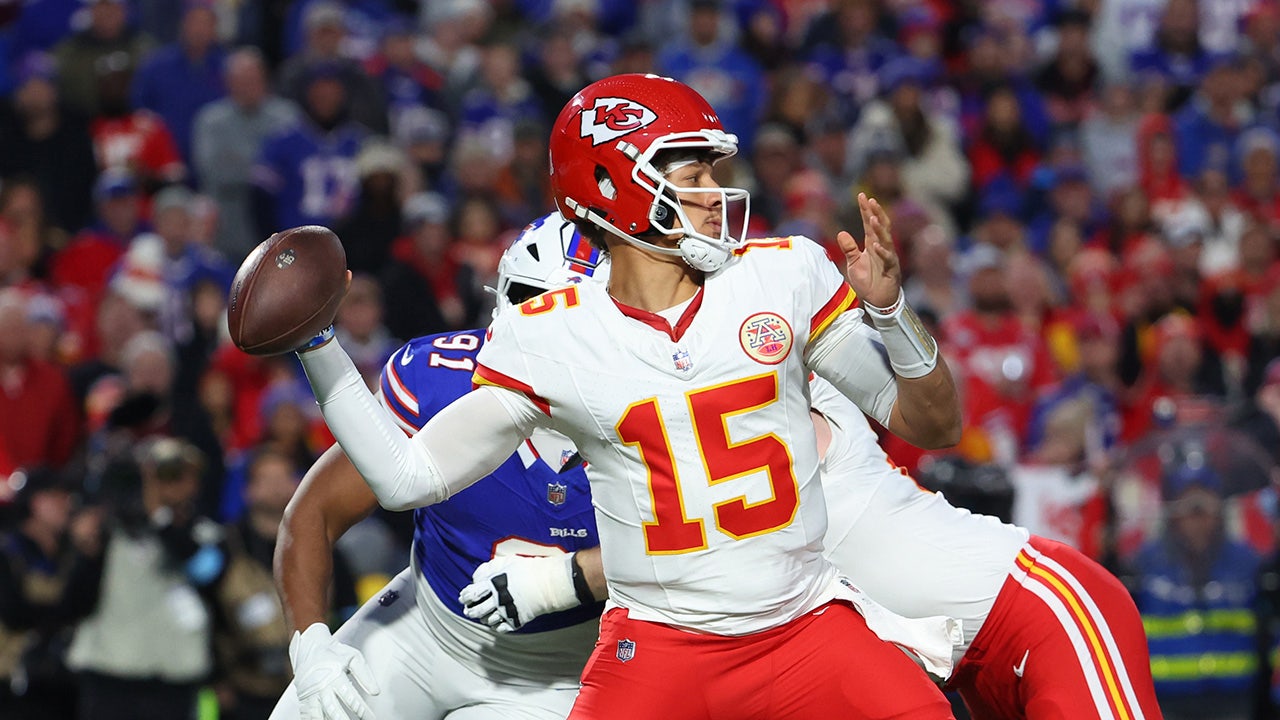Sports
Trans athletes could compete in women’s sports under New York law change, Republicans claim

Transgender athletes will be entitled to compete in women’s sports under a proposed change in the New York constitution, Republicans have claimed.
Donald Trump’s allies have seized on a proposed law change designed by Democrats, which sought to protect access to abortion.
The sweeping legislation would expand existing equality rules to ban discrimination based on national origin, age, disability, sexual orientation, gender identity, gender expression, pregnancy, pregnancy outcomes or “reproductive healthcare and autonomy”.
Republicans have claimed the breadth of the change would give protection to transgender athletes competing in women’s sports – a highly controversial element of the debate on gender discrimination policy.
The constitutional amendment, known officially as “proposition 1” will be on the ballot on Nov 5, when the state will vote alongside the rest of the country in the presidential election.
‘Drastic’ consequences
Lee Zeldin, a Republican former congressman and governor candidate who is a leading critic of the amendment, said it would have “drastic” consequences, and could be liberally interpreted by the courts to give expansive new rights to transgender Americans.
Rob Ortt, the Republican state senate minority leader, said: “This is not about abortion. This is about something far more insidious and New Yorkers have to know that.”
Enshrining protections for gender identity in law would give transgender athletes the right to bring discrimination lawsuits against clubs that ban them for competing. It is unclear how courts would interpret the rules.
The Coalition to Protect Kids, a Republican campaign group, has sprung up to oppose the change and argues that the gender discrimination rule could allow children to receive transgender medical care without their parents’ consent, and that protections based on “national origin” could allow non-citizens to vote in elections.
‘Republicans deliberately misleading voters’
Proponents of the amendment say Republicans are deliberately misleading voters to prevent protections for abortion rights from coming into force. Some agree that the law would likely give greater rights to transgender athletes.
Nassau County, one of New York’s most populous counties outside of New York City, recently enacted legislation banning teams with transgender athletes from using any county facilities, unless the team is designated as mixed gender.
A court battle, fronted by New York’s attorney general, is under way over whether the ban violates existing state law.
Proposition 1’s supporters say the vague language about pregnancy would create a legal framework under which future restrictions on abortion would be interpreted by courts as an unconstitutional form of discrimination.
There is some debate about what the effect would truly be. David Weinstein, a state judge, turned down a request for voters to be told in polling booths that it would protect abortion rights, in part because of its non-specific language. He predicted it would be the subject of future legal wrangling.
“I lack the requisite crystal ball to predict how the proposed amendment will be interpreted in particular contexts,” he wrote.










